The other day I got this text from my husband: “If you don’t prioritize your life, someone else will.”
Although it sounds a bit like an insult when you’re directing it AT someone, his text had me grinning because I knew it meant he’d started listening to the book I recommended, on his drive into work.
As Mary Oliver wrote, “Tell me, what is it you plan to do with your one wild and precious life?”
This book, Essentialsim: The Disciplined Pursuit of Less, had my mind twirling nonstop with how to answer that question, AND it gave me tools to help me follow through. Because I don’t want to forget the things that struck me—and because I thought it might help you too—I’m sharing my top five takeaways today.
1. Cutting nonessentials lets us live at our highest point of contribution. The author asks us, at the end of your life, “Is it at all likely that you will say, ‘I wish I’d been less true to myself and done all the nonessential things others expected of me’?”
2. Three fallacies we need to let go of: “I have to,” “It’s so important,” and “I can do both.” How often have you tried to do both and ended up disappointing yourself and the people you committed to? (Too often.) McKeown says we need to replace these fallacies with, “I choose to,” “Only a few things really matter,” and “I can do anything but not everything.”
3. “Essentialists see trade-offs as an inherent part of life, not an inherently negative part of life. Instead of asking, ‘What do I have to give up?’ they ask, ‘What do I want to go big on.'”
4. Don’t make other people’s problems your own. I thought this was revolutionary. McKeown believes that when we assume someone else’s problem, we do both parties a disservice. We burden ourselves, and we take away the other person’s opportunity for growth. The key is finding ways to support the person without taking ownership of the problem.
5. “Essentialists invest the time they have saved by eliminating the nonessentials into designing a system to make execution almost effortless.” Systems allow us to execute the essentials in a way that is as friction-less as possible. (One simple application: Staying on top of the day-to-day housework allows me to be more present with my family in the moments that count.)
Mind blown, right? I love this book.
Now my question for you (and really, for myself) is basically the crux of this book:
What things do YOU want to go big on? What is your “why”?
You ladies continue to floor me with your insightful comments. I can’t wait to hear what you have to say on this one! (I’ll share my answers in the comments too.)
—
A quick fyi: If you purchase something on Amazon through a link in this post, I’ll receive a small portion at no cost to you.

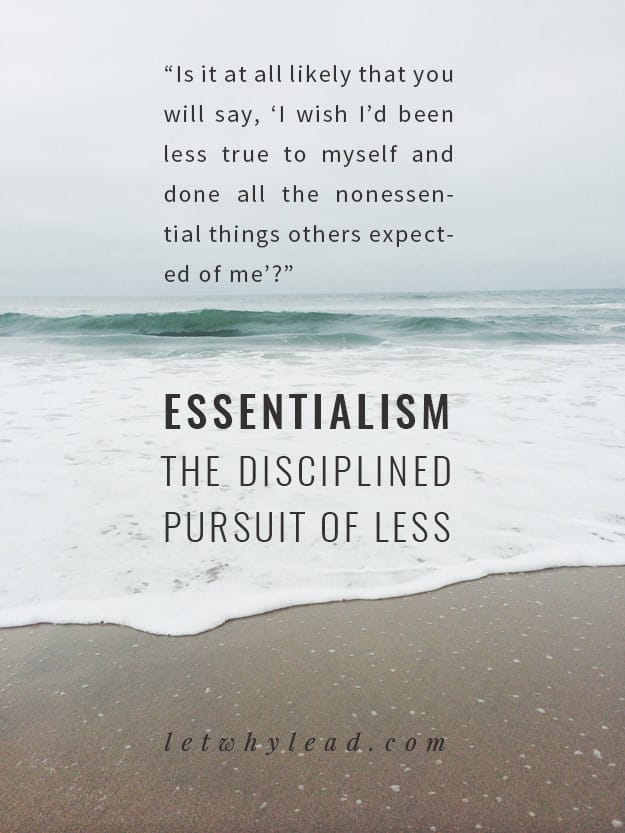
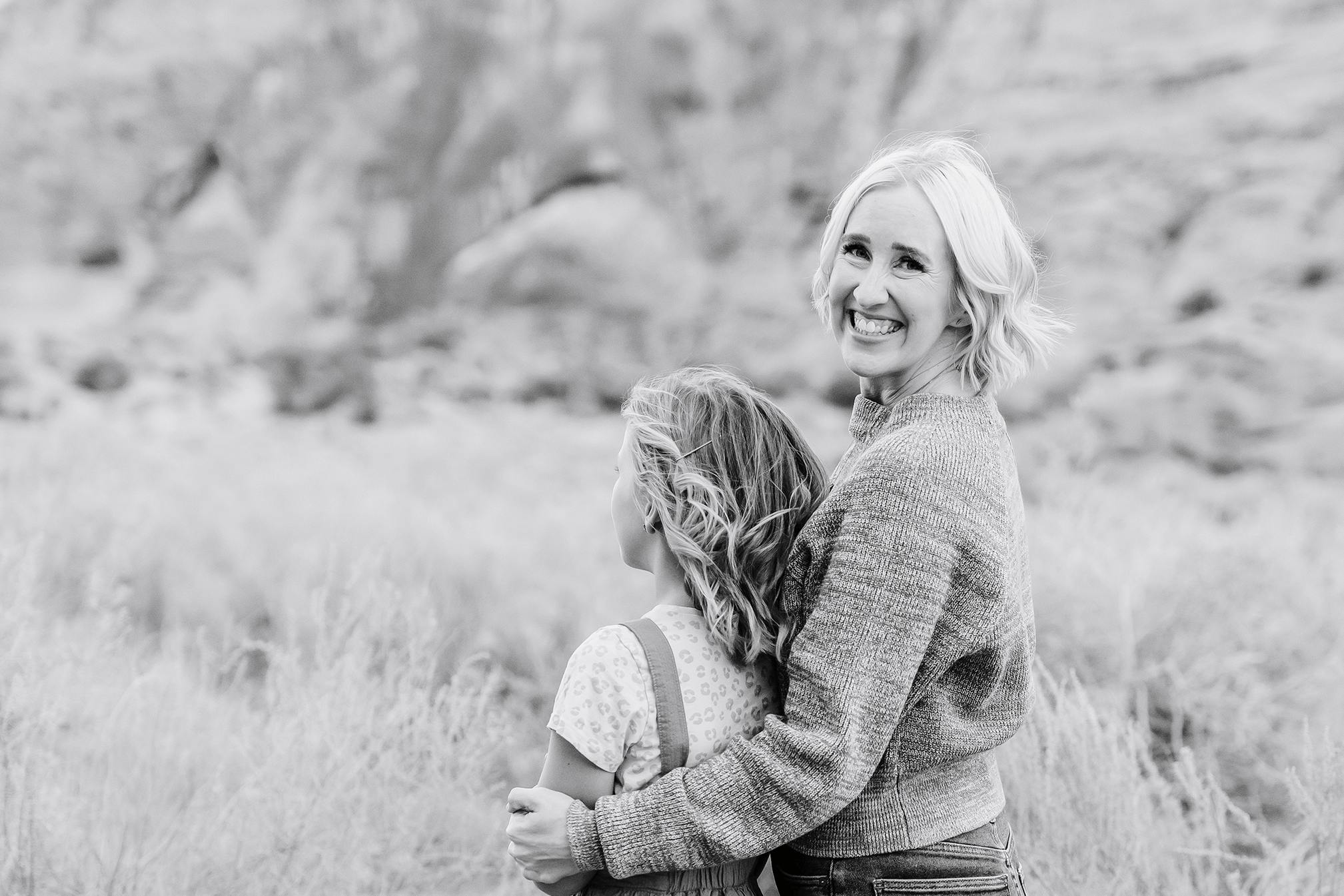
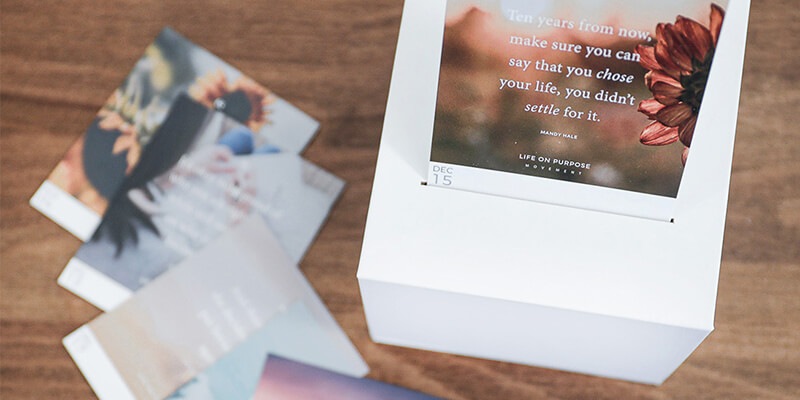
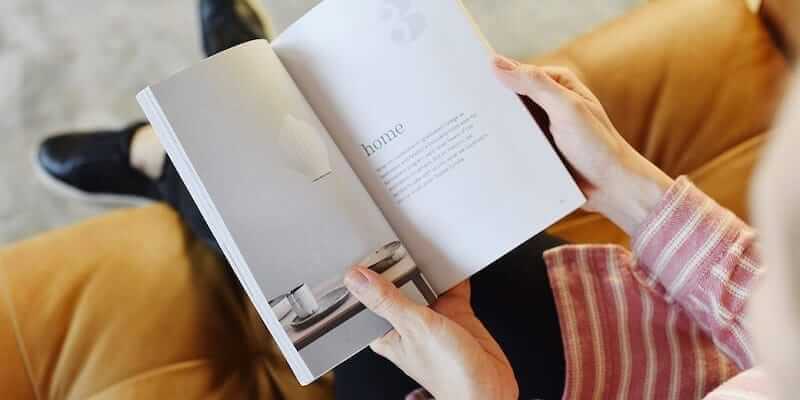
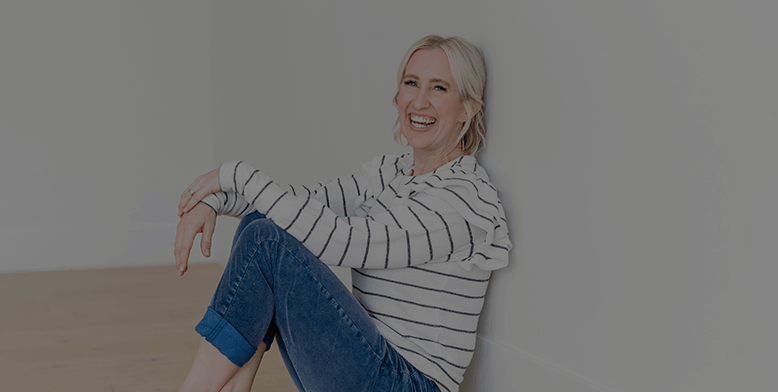
One thing I have learned from the disease that is slowly killing me is that I could never have predicted that which is essential.
I wanted to “go big” on some things, but life intervened, and I learned that the daily “grind” was actually a diamond-polishing process.
The smallest things, the “I-have-to”, the obligations taken on for the sake of others…those were what really counted.
And at the end of life, I am glad that my hand has remained outstretched. I didn’t go big after all, but I felt the warmth of the touch of others.
What a profound comment – Thanks so much, Andrew. I agree completely that going big doesn’t have to mean showy. Instead, what do you want to invest yourself in? Sounds like you’ve invested well.
Years ago, as a new college graduate, I found myself faced with the question of what I wanted my life to be about. What would I prioritize? What would my legacy be?
We had a death in the family that left me reeling and launched me into a sort of existential crisis. I was forced me to think of my OWN mortality and the fact that there are no do-overs: as you wrote, this is our one glorious life.
I decided then and there that I wanted my legacy to be a family that loved me and to whom I devoted myself entirely. That was a huge factor in my decision to become a SAHM: I felt my impact could be so much greater in my own home than in the workplace.
I just love that you’re always focused on the big picture, Erica!
Thanks, lady! Your family is lucky to have you!! And I’m glad you’re sharing your passion for the home with your readers, too!
Yes yes yes! Such excellent points! We came by essentialism the hard way – downsizing to an 800 square foot house with 4 (soon to be 5!) people under its roof. We had to prioritize and continue to prioritize what truly matters in our home. What brings us joy? What offers utility and makes life easier? And, conversely, what clutters it? When we view things in this way, it makes it much easier to give something to someone else who needs it more. To part with things that are not essential to our family in this time and in this space. I am also learning just how important it is to live life as a listener, not a problem solver. When I problem solve, I take on problems as my own, when in reality the best thing to do for both parties is simply for me to show up. To listen and be present. I need to work on the going big part. I have something stirring in my heart, but I really need to focus on it and this post is such a great encouragement to do so!
Wow, I did NOT know you were in 800 square feet! You are even more amazing than I thought! We’ve been in about 1000 for the last seven years – the whole time I’ve been a mom. And it certainly has fueled my minimalistic tendencies. 🙂 I’m grateful, though, for that, and I hope I stay that way even when we (eventually) move on!
I LOVED what you said about being a listener, not a problem solver. EXACTLY. I’m still working on it, too.
What do I want to go big on? What a big question. I guess, my kids. My family. I feel like my life right now is pretty down to the essentials though. Sometimes I wish I had more distractions! But I should be grateful I get to do what I do (aka stay home). Thanks for the book recommendation and for so much to think about!
Rach – Your stage of life makes me nostalgic for when I was in that stage! The baby / early toddler stage is its own kind of quiet magic. (Not to say it always feels like magic, but still. 🙂
I think I might need to get this book. It seems great! Something I want to go big on using my time more wisely but also not putting to much pressure on myself. Sometimes I look at myself and I think I’m 25 and I am so average, but at the same time I think I’m only 25 I have a whole life to live still. So I guess finding a balance between not putting too much pressure on myself but also not being idle.
What a wonderful post! You highlight such great points. I actually reread them:) Prioritizing is huge. As a working-mom, I feel like I am constantly trying to choose between work obligations and being with my family, and family is winning over more and more of those chunks of time. I love the suggestions for living more simply and in-the-moment. Loves this 🙂
Wow, #4. I tend to take my children’s problems to heart on an unhealthy level. I know on a subconscious level that it is unhealthy for them as well as me… but putting that into practice is tough. I need to write this down and ponder on it a while. Maybe check out a book at the library!